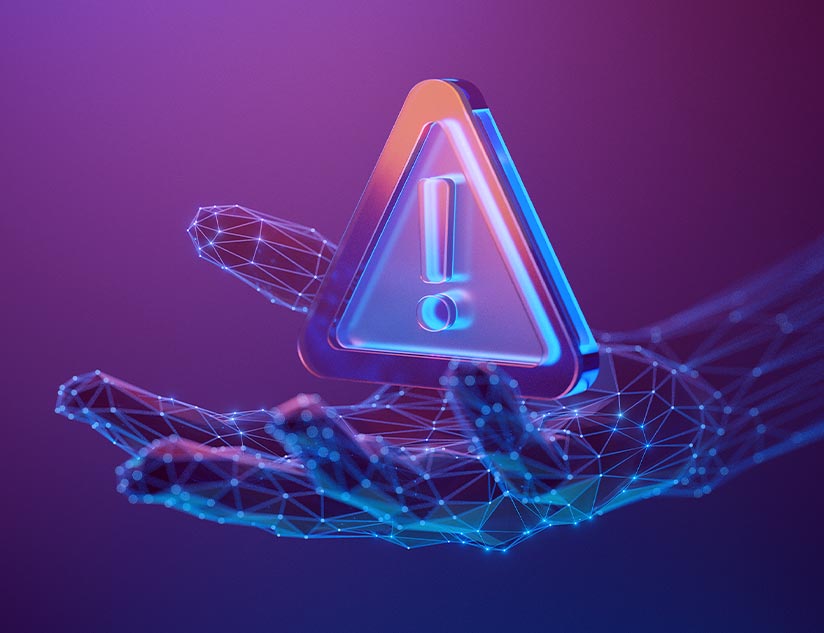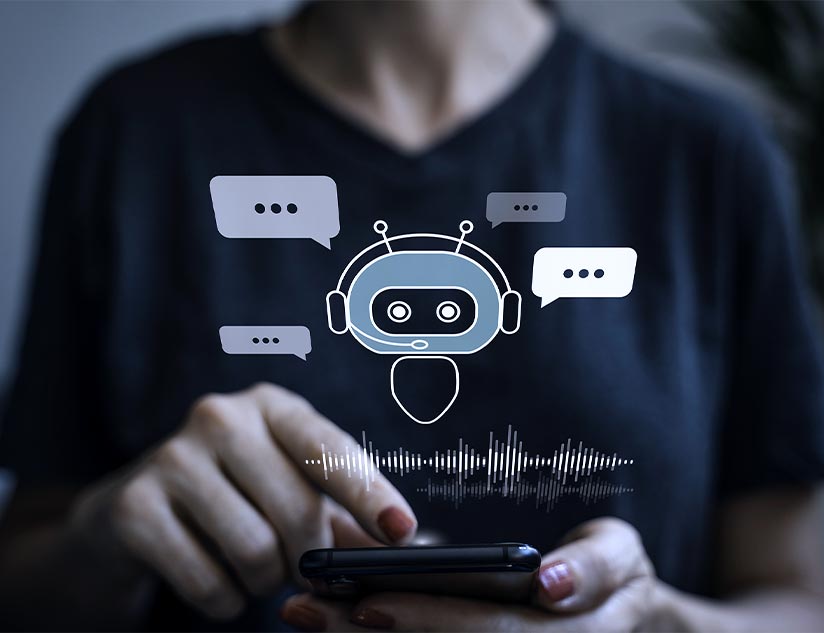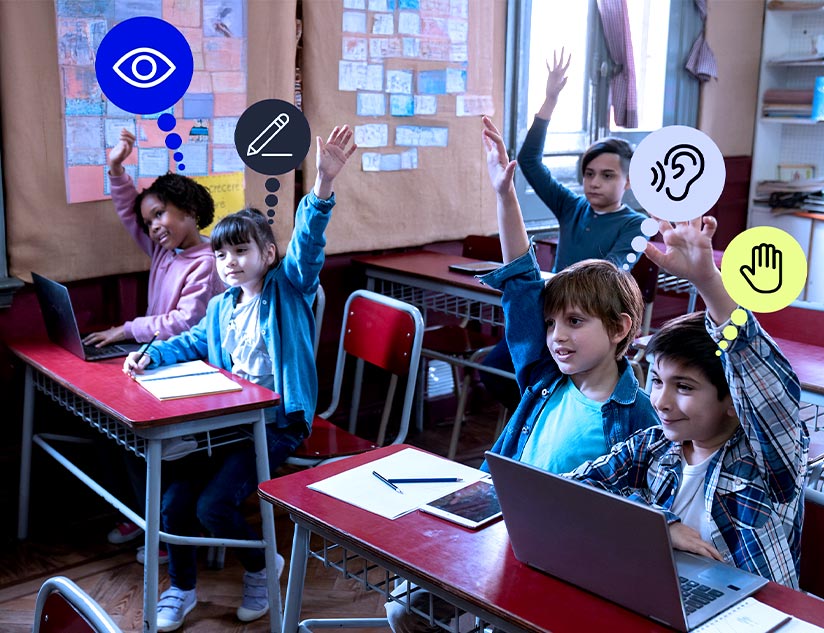From the introduction of Intelligent Computer-Assisted Instruction (ICAI) in the 1980s to AI-driven machine learning (ML) and natural language processing (NLP) in the 2020s, edtech has embraced technology to transform education continuously. Technology adoption in the education industry began with applications for administrative work. Today, it has evolved to leverage assistive technologies to disseminate knowledge, personalize learning, and leverage analytics to maximize learning outcomes.
Technology is expected to augment human cognition in learning to facilitate the learning of skills such as critical thinking and decision-making. The most sought-after innovation, generative AI (GenAI), is disrupting more verticals, especially curriculum design and course development.
AI is Redefining Course Creation
AI has empowered educators to think beyond static and generic curricula. Technology is revolutionizing how curriculum development is perceived, and the outcomes of a course are defined and evaluated. Here’s how.
Transforming Content Creation
The introduction of GenAI has given new momentum to learning material development. From defining learning objectives by leveraging predictive analytics regarding learner needs to assist in content development, AI has been a game-changer, saving significant time, effort, and costs. Additionally, it empowers creators to ensure that learning content is engaging, interactive, and aligned with the desired learning outcomes.
Restructuring Courses
AI is not only helping plan what is to be taught and when, but also how. Machine learning-based algorithms assess the efficacy of a course or materials and enable educators, edtech providers, and educational publishers to discover the most effective content formats. Further, these algorithms identify micro and nano-module requirements to facilitate personalized learning. GenAI facilitates the creation of relevant summaries, imagery for better understanding, and visual captions, thus streamlining content development.
Personalizing Learning Experiences
AI-powered deep learning mechanisms identify each student’s learning patterns and preferences, leading to an AI-powered learning experience. This data can then be used to define learning goals to bridge skill and knowledge gaps. This eliminates the need for educators to single out each student’s learning requirements. With the knowledge of learner behavior, AI creates unique learning paths with adequate support to ensure enhanced learning assimilation. Analytical algorithms also adjust content difficulty and reinforcement models for better understanding.
Advantages of AI-Powered Course Development
Technology has always played the dual role of friend and foe in human life. AI in Education (AIED) also requires mindful use to reap its benefits.
- AI has facilitated compliance and adoption readiness within the course creation process. Predictive and suggestive algorithms make educational publishers and edtech providers aware of the DEI, WCAG, LTI, GDPR, and other requirements. This ensures compliance in LMS and content design.
- AI has facilitated faster content creation, resource repurposing, improved assessments, real-time feedback, and impactful education. It has eliminated personal bias and human error from evaluations, making feedback more objective and learner-centric.
- Artificial intelligence has led the evolution of pedagogy to meet learners where they are and foster a learner-centric culture. Teaching methodologies have transformed from chalk-and-board to comprehensive blended formats to ensure inclusion, collaborative learning, and collective learning goal achievement.
Overcoming AIED Challenges
Concerns regarding the use of AI in Education, especially related to data security and learner privacy, have repeatedly surfaced. With the EU taking the lead, most legislative bodies are focused on enforcing privacy regulations to protect all stakeholders. Removing tech-related anxiety and creative blocks associated with innovative technologies is also essential.
Further, UNESCO has emphasized the need to make learning more affordable and accessible through the joint effort of education institutions, edtech providers, and policymakers. Finally, improving AI literacy among teachers, learners, and parents is a critical aspect of optimizing the use of AI in education. The UN body has urged the collaborative proposal of regulations and policies for responsible and ethical use of AIED.
MagicBox™ is a leading technology provider of cutting-edge content and assessment creation and distribution tools. Its content authoring tool enables easy integration of multimedia and gamification elements, AI-powered and automated assessments and scoring, and compliance with regulatory and industry standards. It facilitates easy modifications and augmentation of content with internal and external links to enable access to the latest resources. Also, assessment automation enables real-time, personalized feedback, and early remedial steps to prevent any student from falling behind.
The Future of AIED
AI was referred to as the most significant invention since the Paleolithic Age by the Director General of UNESCO, in her 2019 Mobile Learning Week keynote. The technology and its applications are proving her right. No wonder AI is anticipated to grow at a CAGR of 10% between 2023 and 2030. In its next iteration as SuperAI, self-trained systems will replace manually-fed algorithms. It will not only transform how learning is disseminated and received but will also redefine the role of educators. The goal of quality education for all by 2030 can be achieved via tech-enabled, strategic human intervention across all phases of education. Talk to our experts to redefine how you create learning content.















